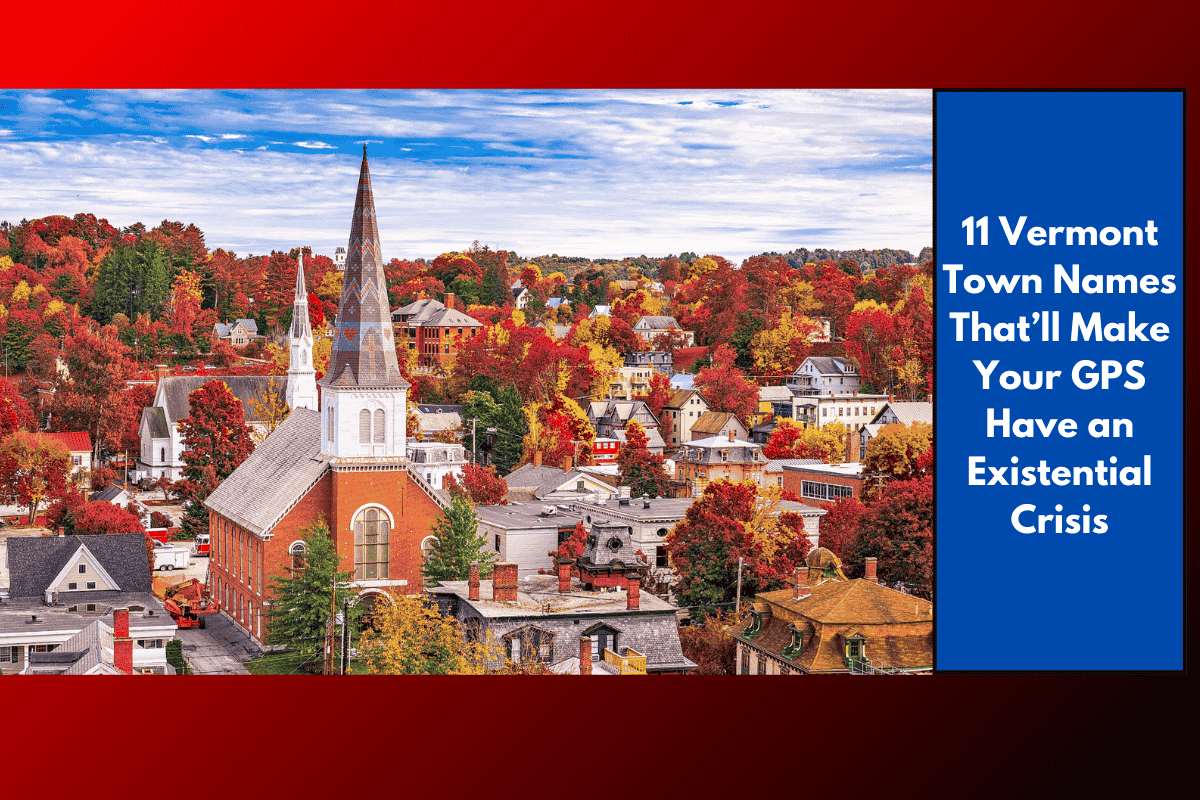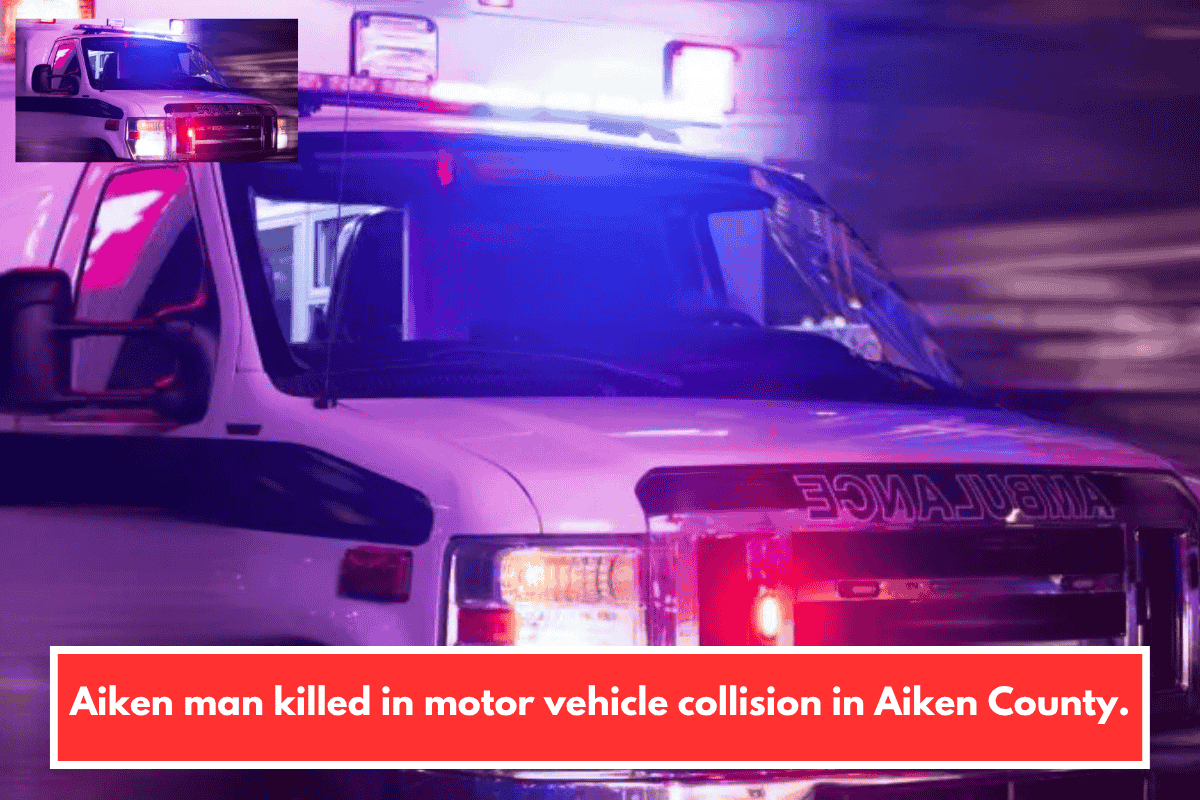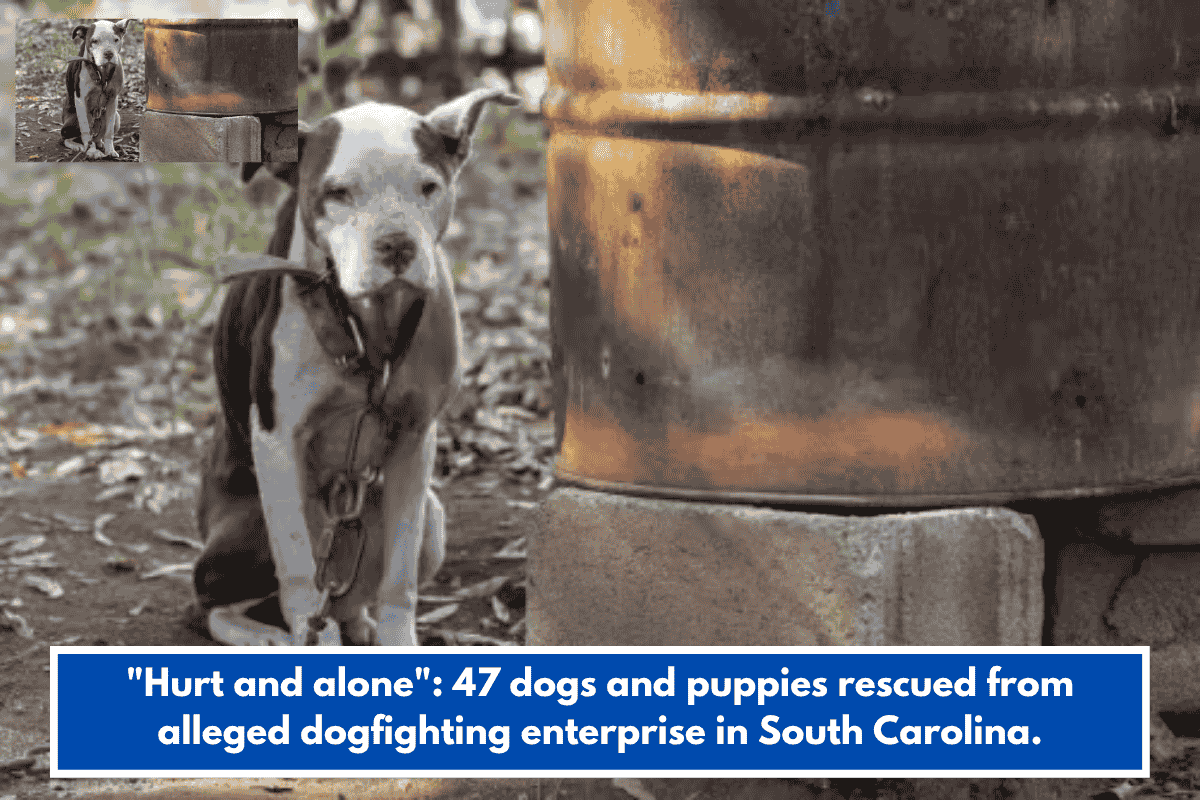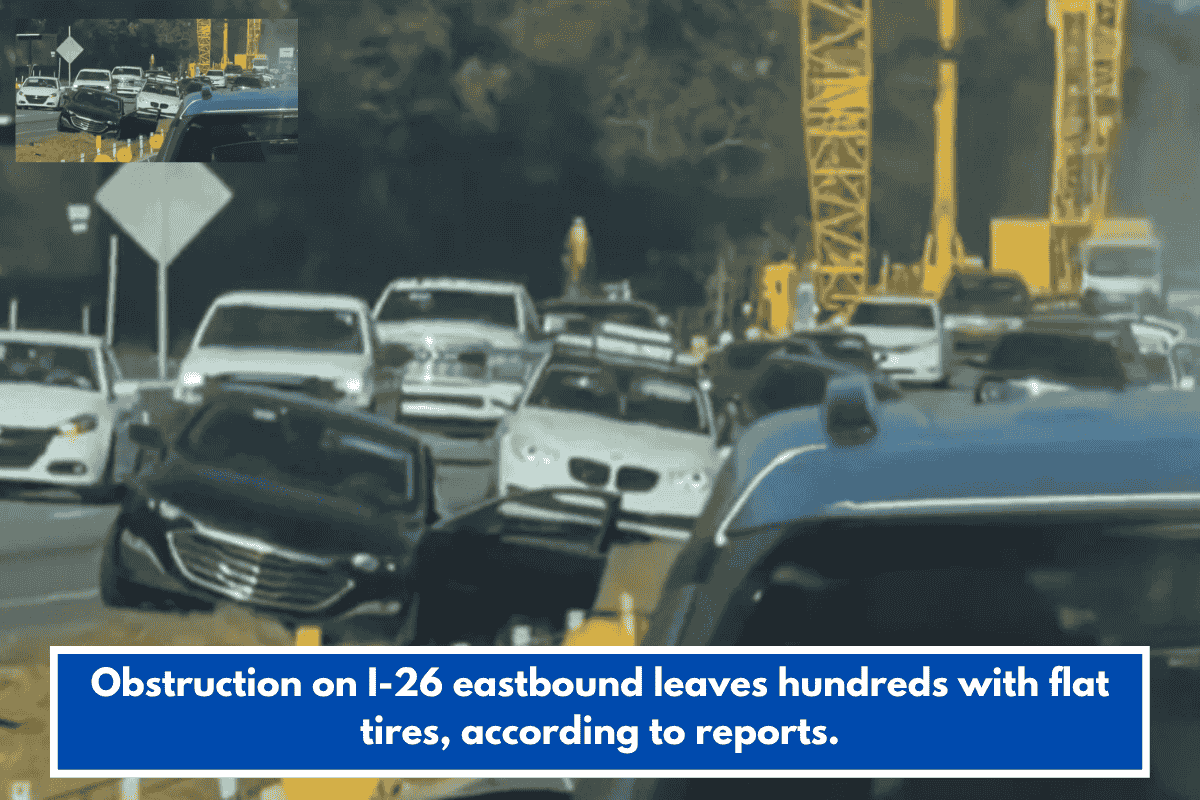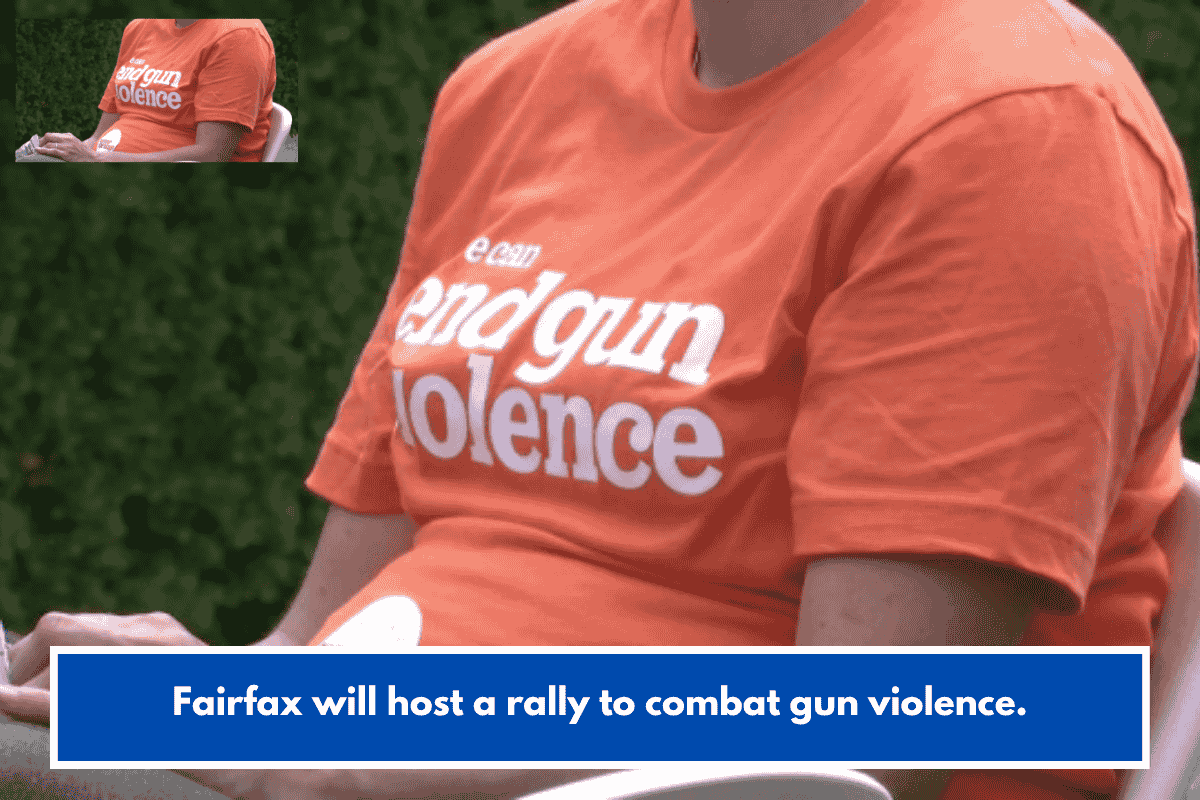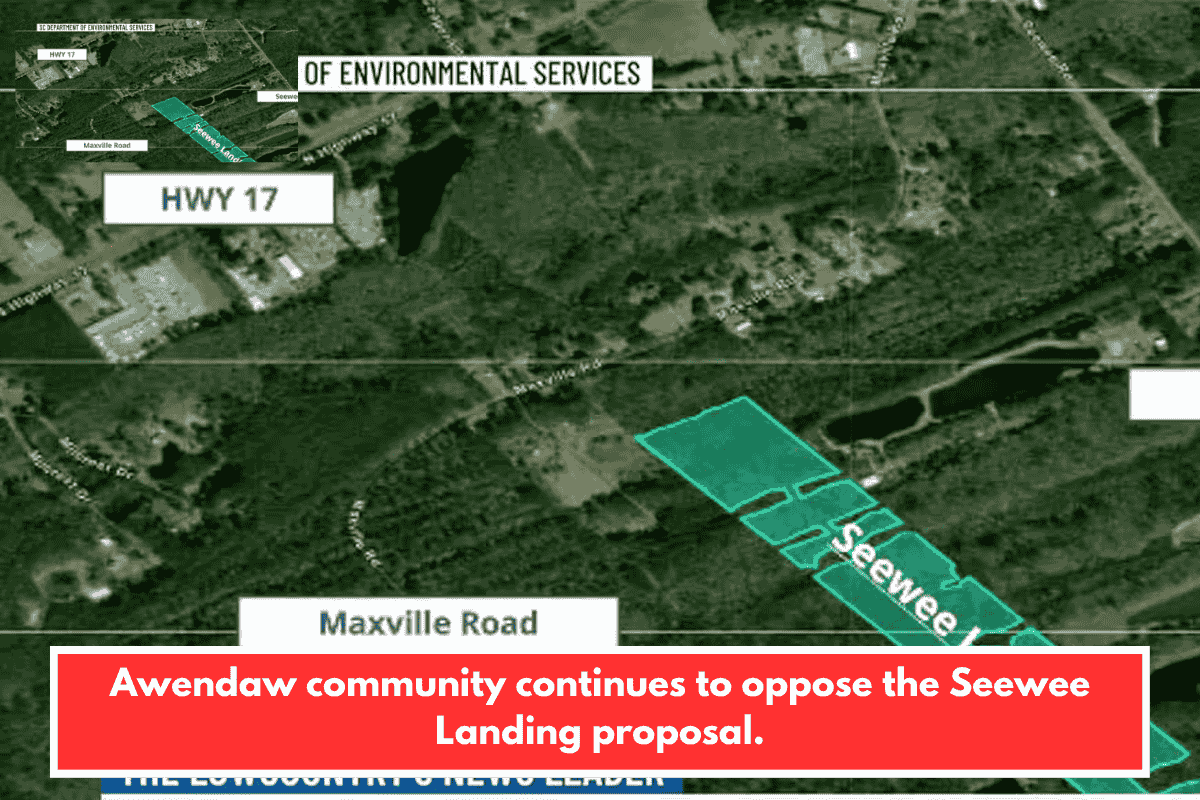Here are 11 Vermont town names that’ll likely make your GPS have an existential crisis due to their tricky pronunciations:
- Calais — Pronounced CAL-iss, not like the French “Calais”.
- Montpelier — Pronounced either mawnt-PEEL-yer or mont-PILL-yer, not the French way.
- Brattleboro — Pronounced BRATTLE-boro, straightforward but often misheard.
- Rutland — Locally said as RUH-lin, dropping the middle and final consonants.
- Bradford — Pronounced BRAD-furd or sometimes BRED-fud, a classic Vermont variation.
- Worcester — Pronounced WUH-stir or WOOST-er, quite different from the spelling.
- Barre — Said as BARE-eee or simply Barry, not like the English pronunciation.
- Vergennes — Pronounced vurr-JENZZ, stressing the second syllable.
- Charlotte — Pronounced with a glottal stop, Shar-LOTT, not like North Carolina’s Charlotte.
- Topsham — Pronounced TOPS-um, vowel sound softened and ‘h’ dropped.
- Beebe Plain — Pronounced as it looks, BEE-bee plain, but often a surprise to newcomers.
These pronunciations reflect Vermont’s unique blend of French influence, local dialects, and historical quirks, which combine to baffle visitors and GPS alike
SOURCES
(https://www.vermontpublic.org/programs/2021-02-11/an-interactive-guide-to-pronouncing-vermont-abenaki-place-names)
(https://www.youtube.com/watch?v=gHr2eWDJsGA)(https://www.reddit.com/r/vermont/comments/nbv0jr/how_do_you_say_insert_word_in_vermont/)(https://podcasts.apple.com/am/podcast/a-vermont-town-city-pronunciation-guide/id1132586596?i=1000508657082)
(https://www.instagram.com/reel/DH8j7xAuZKX/?hl=en)

